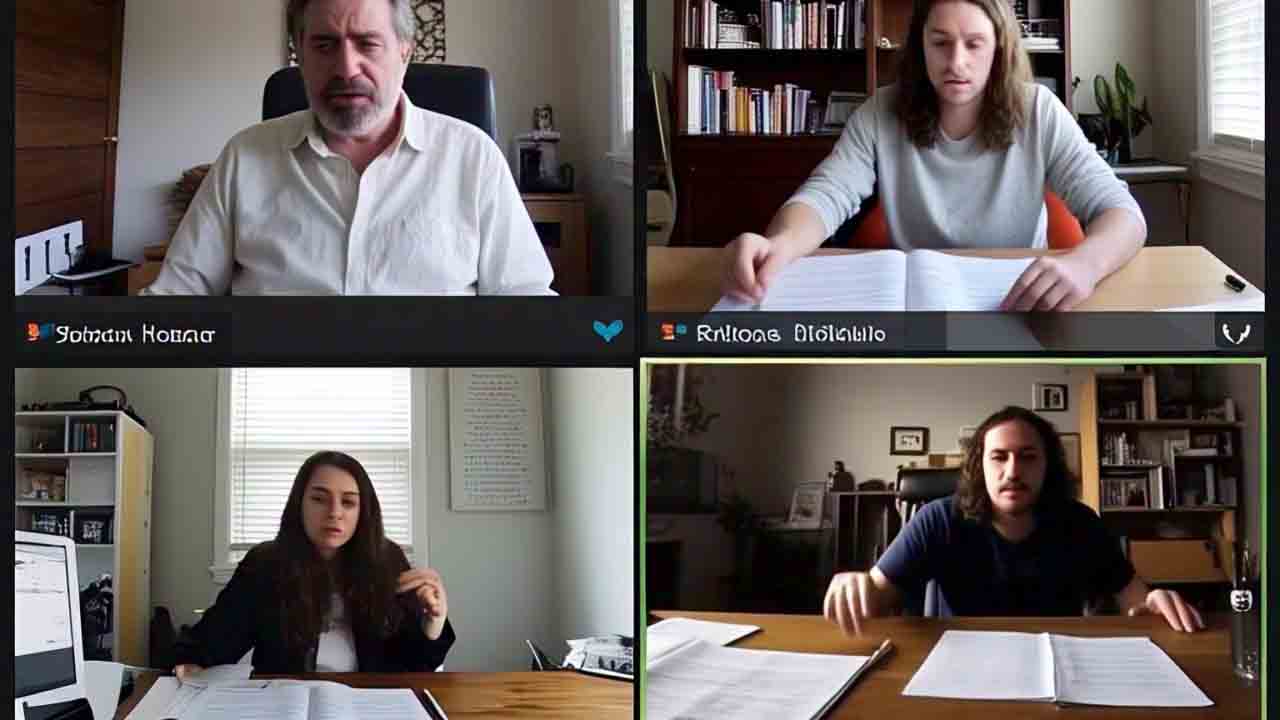
Upstartcrowthecomedy – Much Ado About Muffles is not just the title of a rumored experimental play. It’s a metaphor for the muffled brilliance trying to pierce through the static of digital stages. As theaters remain dark and living rooms become reluctant venues for rehearsal, the spirit of Shakespeare finds itself grappling with a question once thought rhetorical: Will the curtain rise again?
In the time of remote everything, even the Bard is not immune to the chaos of Wi-Fi drops, glitchy audio, and digital fatigue. Yet despite the hurdles, there is resilience. Across the creative world, playwrights are gathering in virtual salons, sharing works-in-progress through encrypted scrolls, pigeon-mail (or its modern equivalent, emails), and Zoom readings where dramatic outbursts compete with background noise and frozen screens.
What began as a joke a title, Much Ado About Muffles has now become a symbol of artistic perseverance in the face of uncertainty. It is whispered in group chats and theater forums as a badge of the times: imperfect performances in imperfect conditions. But performances nonetheless.
“Why Readers Now Crave More Than Just a Plot”
Much Ado About Muffles perfectly captures the strange intersection between 16th-century dramaturgy and 21st-century technology. Shakespeare, whose words once echoed across wooden stages and open courtyards. Now wrestles with Google Docs, mute buttons, and latency issues.
The idea of collaboration has transformed. Monologues are shared as voice notes, scripts revised in collaborative drives, and stage directions adapted to “living room lighting.” Though no audience applauds from the pit, hearts still stir across glowing rectangles.
This new reality is no less dramatic merely reframed. While Shakespeare may not be sending his latest sonnet through Slack, the essence of creation, connection, and chaos lives on. Much Ado About Muffles isn’t just a technical hiccup; it’s an anthem of creative persistence.
Much Ado About Muffles also reflects the existential question every creator now faces: how do we continue to produce, inspire. And connect when our stages are muted and our spotlights have gone dim? For Shakespeare, this new act may be filled with uncertainty but it is far from a final curtain.
Frustration mingles with inspiration as artists stumble forward, innovating as they go. The line between comedy and tragedy blurs, not unlike a Zoom call where someone’s audio lags mid-soliloquy. Still, the show improvised and imperfect goes on.
So, while the Bard may not have all the answers. One thing is certain: this is not the end of the tale. The playwrights of today. With Shakespeare among them in spirit (and maybe emoji), are still writing, still dreaming. And still making Much Ado About Muffles one glitchy scene at a time.
“Strengthening Health Workforce Resilience”
This website uses cookies.